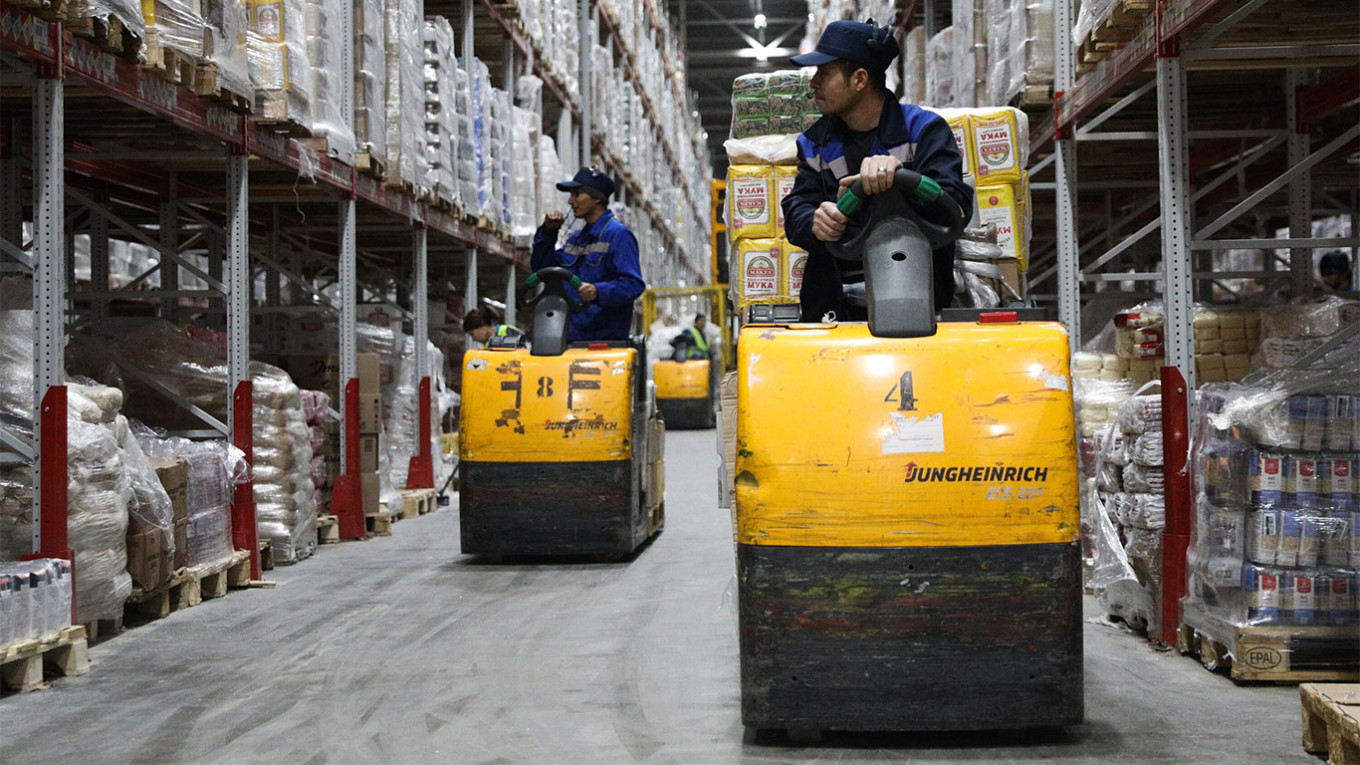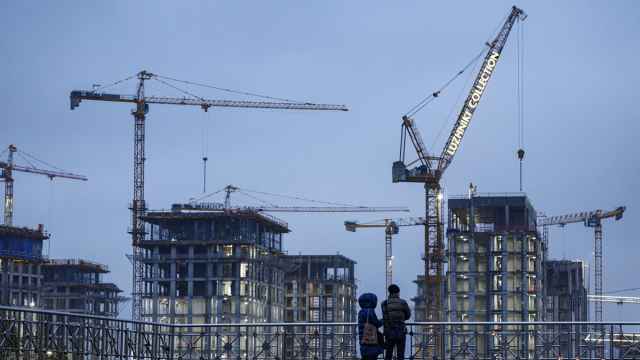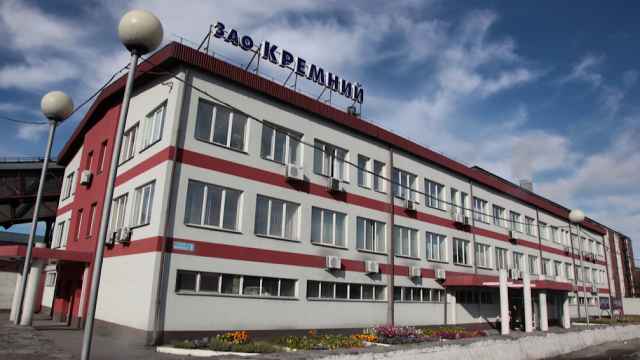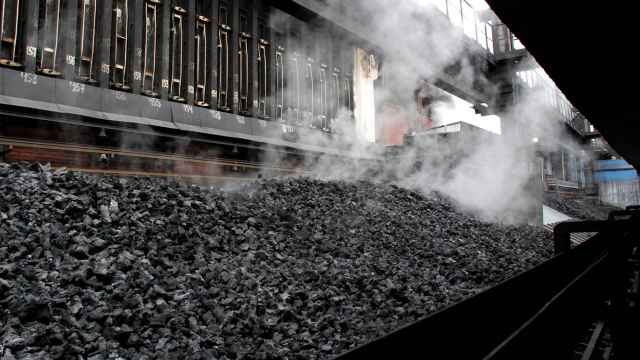Russia’s warehouse property market has recorded one of its steepest downturns in years, reflecting weaker economic activity and falling consumer demand, the consultancy IBC Real Estate has said.
The number of warehouse purchase and lease deals fell 36% year-on-year in the first nine months of 2025, while total transaction volume dropped 27%.
Companies have shifted from expansion to consolidating existing space due to slower economic growth and high borrowing costs, IBC Real Estate board member Yevgeny Bumagin said.
The firm expects market conditions to improve only toward the end of 2027.
A total of 194 deals covering 3.4 million square meters of modern warehouse space were signed in January–September, according to the consultancy.
Build-to-suit deals — where developers construct facilities for specific clients — fell sharply to 1.3 million square meters from 2 million a year earlier.
More than half of clients this year chose to rent rather than buy or commission new construction.
Supply, meanwhile, continues to rise. Developers are completing projects launched in 2023-24 during a period of acute warehouse shortages and a speculative construction boom.
New supply reached 5.9 million square meters in the first nine months, up 80% from the previous year.
In the Moscow region, 1.8 million square meters, or about 5% of total stock, is now vacant.
Shortages remain only in specialized segments such as low-temperature storage in Moscow, where almost no space was available at the end of the third quarter, according to Nikoliers.
The combination of weaker demand and growing supply has pushed down rental prices.
Average asking rents for Class A warehouses fell 12% this year to 11,000 rubles per sq m annually in the third quarter and are expected to drop to 10,500 rubles by year-end — a 16% decline for 2025, IBC Real Estate said.
The downturn mirrors broader trends in Russia’s consumer economy.
Non-food retail sales have declined for seven consecutive quarters in real terms and for three quarters in nominal terms, according to Sberbank analyst Mikhail Matovnikov.
Growth in food retail has also slowed to 2.3% in real terms. Rising inventories across most non-food categories in September point to weakening demand.
“Many businesses have exhausted the resilience that kept them afloat over the past year,” a property consultant said.
IBC Real Estate forecasts total warehouse demand of 4.5 million square meters for 2025, down 27% from last year. Bumagin said businesses need access to cheaper financing to restart activity.
The largest warehouse transactions typically involve e-commerce platforms and online retailers, which accounted for 38% of take-up this year, followed by multichannel retailers (25%), manufacturers (11%), logistics operators (8%) and distributors (5%).
Only multichannel retailers increased their activity, securing 866,000 sq m — a 55% rise.
Demand is also shifting from Moscow and the surrounding region toward other parts of the country.
Seven of the 10 biggest deals this year were in regional markets, including Ozon’s leases of 150,000 square meters in the Voronezh region and 104,000 square meters in the Chelyabinsk region, X5 Group’s acquisition of a 65,000-square-meter complex in the Kaluga region and Wildberries’ lease of a 62,000-square-meter technopark in the republic of Tatarstan.
A Message from The Moscow Times:
Dear readers,
We are facing unprecedented challenges. Russia's Prosecutor General's Office has designated The Moscow Times as an "undesirable" organization, criminalizing our work and putting our staff at risk of prosecution. This follows our earlier unjust labeling as a "foreign agent."
These actions are direct attempts to silence independent journalism in Russia. The authorities claim our work "discredits the decisions of the Russian leadership." We see things differently: we strive to provide accurate, unbiased reporting on Russia.
We, the journalists of The Moscow Times, refuse to be silenced. But to continue our work, we need your help.
Your support, no matter how small, makes a world of difference. If you can, please support us monthly starting from just $2. It's quick to set up, and every contribution makes a significant impact.
By supporting The Moscow Times, you're defending open, independent journalism in the face of repression. Thank you for standing with us.
Remind me later.






